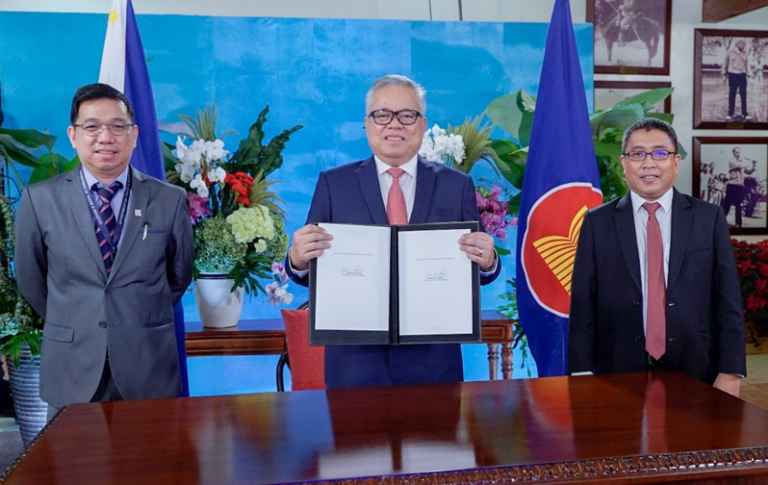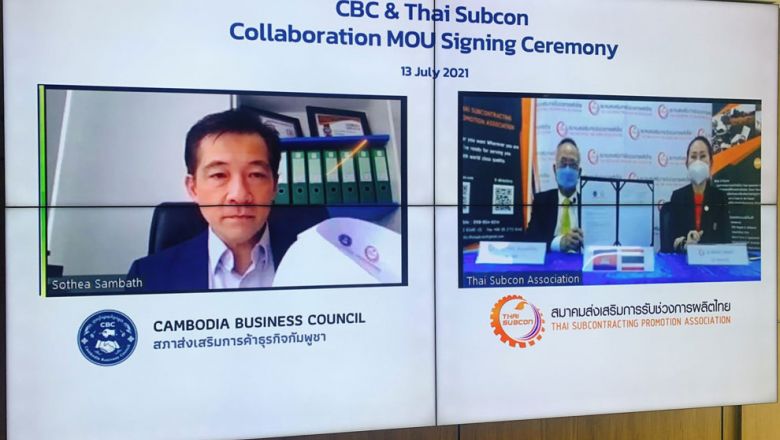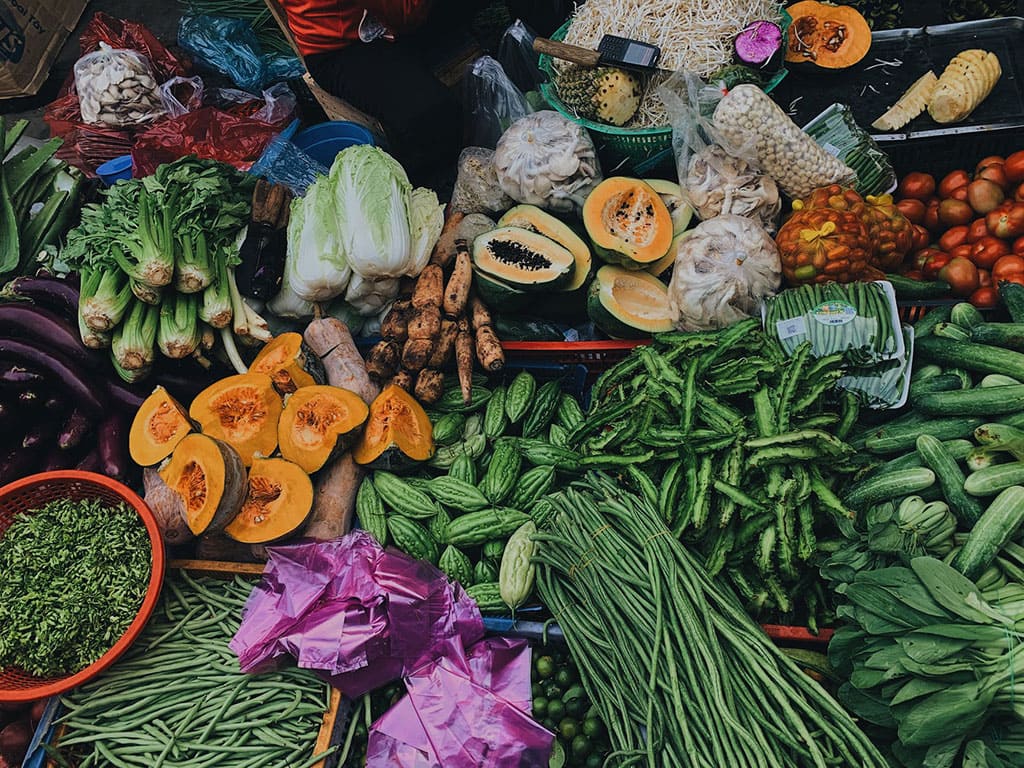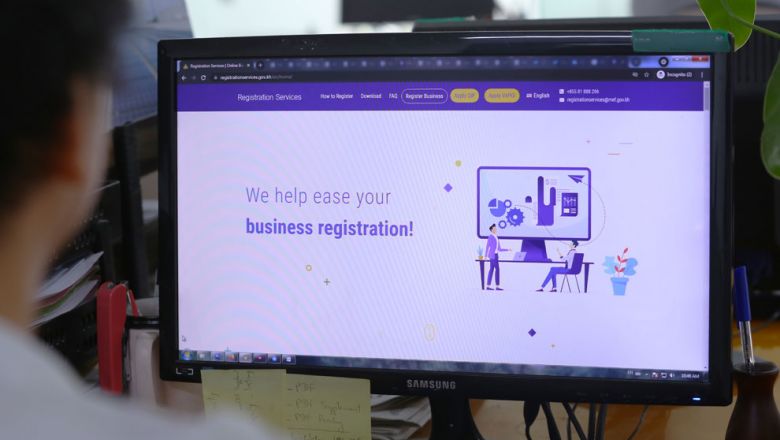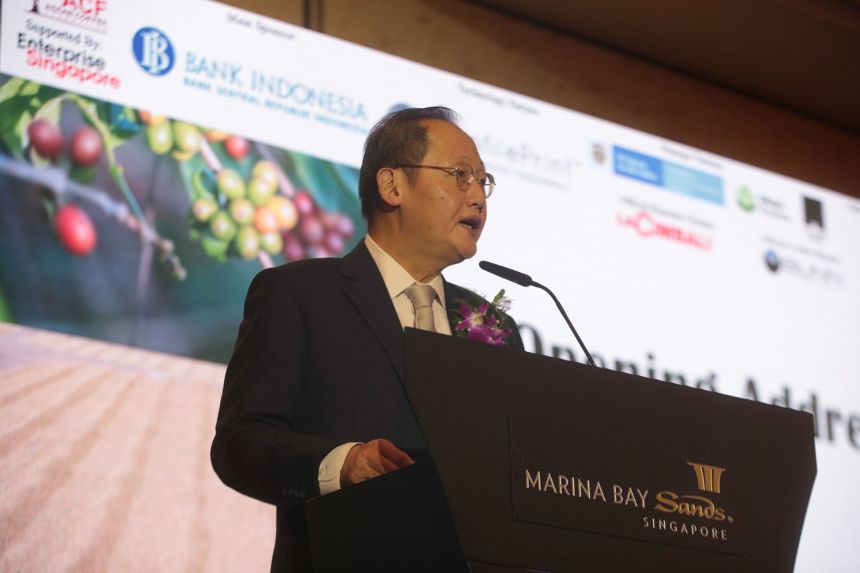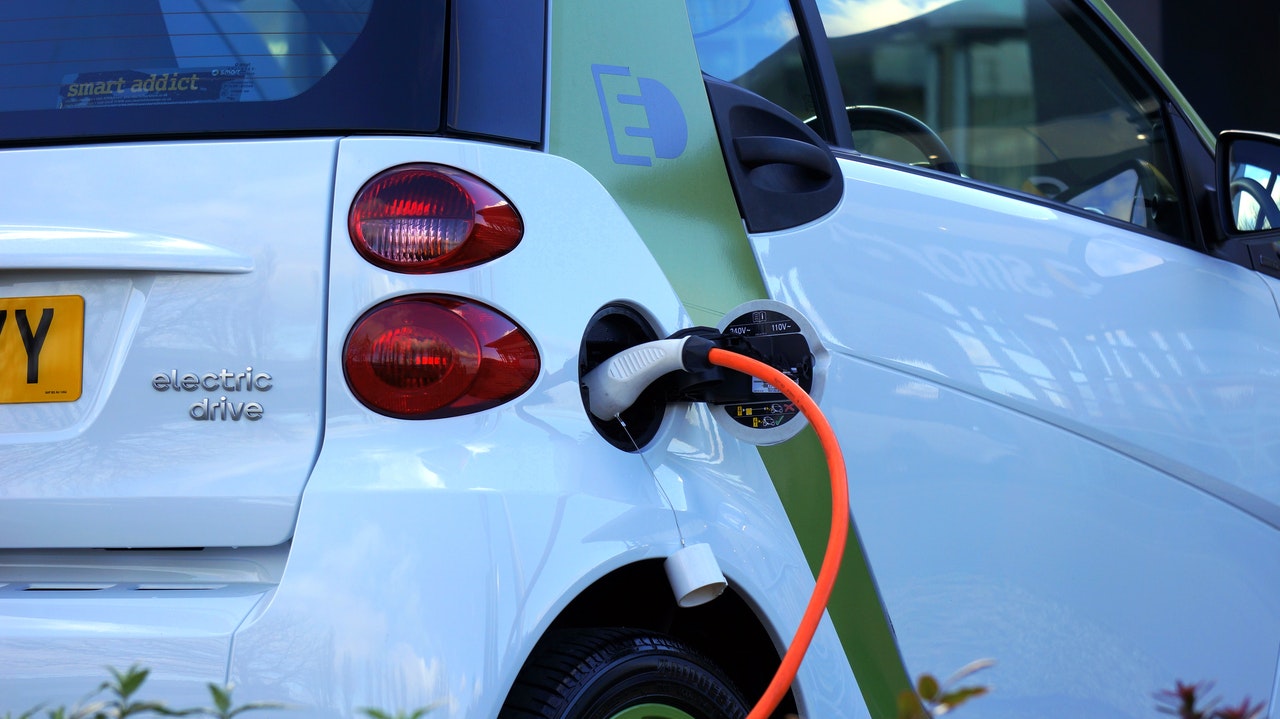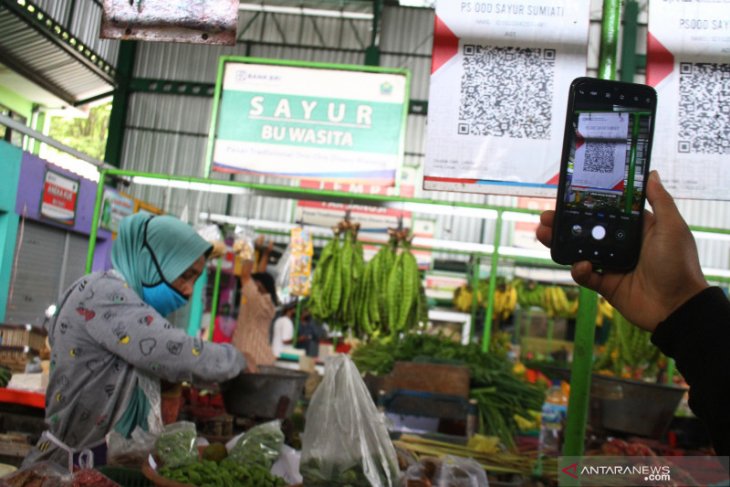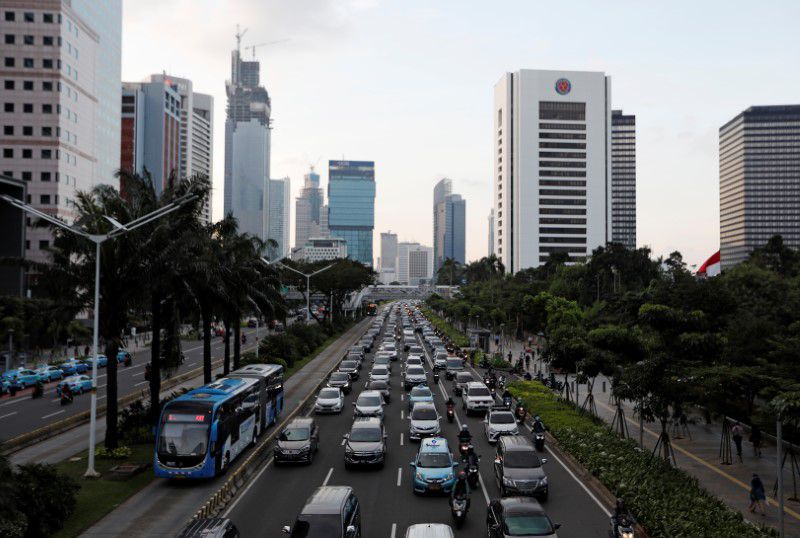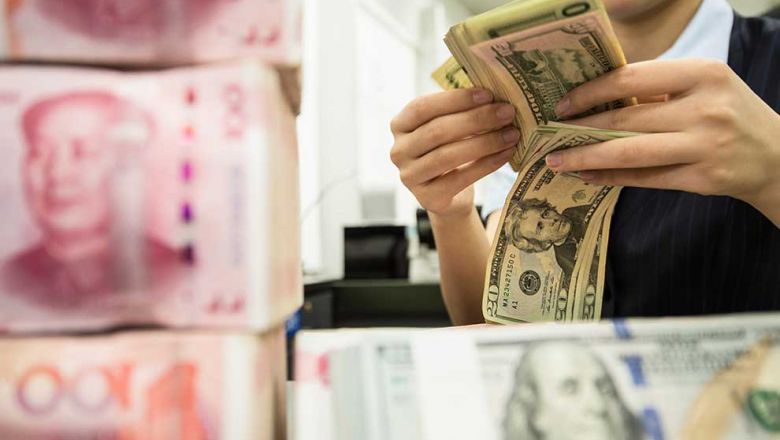MANILA—Looking forward to the ratification of the Regional Comprehensive Economic Partnership (RCEP) Agreement and its eventual implementation, Department of Trade and Industry (DTI) Secretary Ramon M. Lopez expressed optimism that the trade agreement will not only facilitate the recovery efforts of the country but will also pave the way for the internationalization and deeper participation of micro, small, and medium enterprises (MSMEs) into Global Value Chains (GVCs).
“One big advantage of the RCEP Agreement is the wider cumulation area for raw materials. This means our MSMEs can source inputs from the 15 RCEP Parties, process the products here in the country, and export the same to the region at a preferential arrangement. So, a Philippine manufacturer can source raw materials from China, and export the finished product to Japan, South Korea, Australia or New Zealand,” Lopez explained.
The trade chief also stressed that having one set of simplified rules in trade will also facilitate trade transactions and will reduce administrative cost for exporters. In the process, this will encourage more production and manufacturing activities in the country. This means more jobs and business opportunities for the Filipinos.
“The RCEP region accounts to around 50% of Philippine exports and 68% of Philippine import sources. Hence, the country cannot afford not to be part of this free trade area,” Sec. Lopez added.
The RCEP Agreement is considered as the largest free trade deal in the world. The RCEP region makes up 29% (USD 25.8 trillion) of global GDP, 30% (2.3 billion) of the world’s population, and 25% (USD 12.7 trillion) of global trade in goods and services.
According to Assistant Secretary (Asec.) Allan B. Gepty, the country’s RCEP Lead Negotiator, the Philippines will benefit from an economic policy that is open to trade and investment under a rules-based system. “The RCEP Agreement is a testament on the need to further open the markets for trade and investments, and improve rules and disciplines in addressing the evolving business environment such as e-commerce, intellectual property, and competition policies.,” he said.
The RCEP region is already the main GVC hubs of three emerging economies (i.e. Japan, South Korea, and China) and contributing 50% of the global manufacturing output.
“If you further strengthen the region with rules and discipline then you create an environment of trust, and this will encourage more investments and deeper economic integration. In addition, the creation of the RCEP free trade area strengthens economic integration in the region, and balances global power and influence especially with the growing trend in protectionism,” Asec. Gepty added.
The RCEP Agreement is comprised of the ten (10) ASEAN Member States, Australia, China, Japan, South Korea, and New Zealand. It is targeted to be implemented in January 2022.
Date of Release: 6 July 2021
For the original release, please click here.

